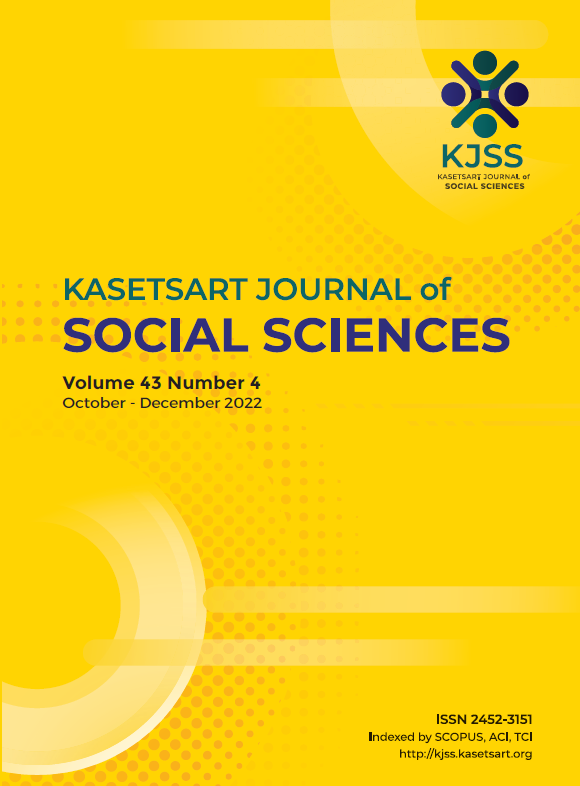How far does the stock market performance influence Malaysia’s consumers purchasing power?
Keywords:
asymmetric effect, purchasing power, stock marketAbstract
This study examined the asymmetric effect of stock market index performance on the external competitiveness of purchasing power for Malaysia covering the period of 1996–2019 utilizing the Ender and Siklos (2001) and the threshold vector error correction model (TVECM) approaches. The empirical findings confirmed an existing of asymmetric effect between stock market index and the external competitiveness purchasing power in Malaysia cases. There is evidence of negative relationship between both series with a bidirectional asymmetric causality relationship. Therefore, policymakers should give more attention of stock market performance to strengthen the current and future monetary policies related to consumer’s purchasing power agenda in Malaysia and consider the current global economic uncertainty caused by the COVID-19 pandemic worldwide.
Downloads
Published
How to Cite
Issue
Section
License

This work is licensed under a Creative Commons Attribution-NonCommercial-NoDerivatives 4.0 International License.
This is an open access article under the CC BY-NC-ND license http://creativecommons.org/licenses/by-nc-nd/4.0/










